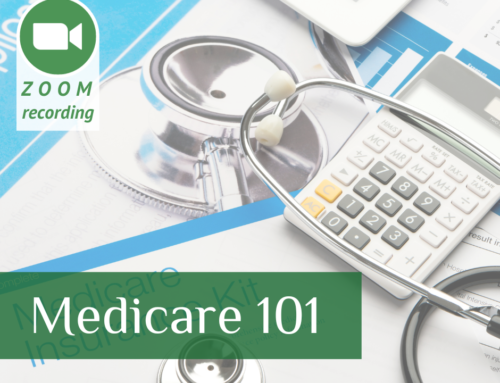It’s time for a checkup. Retirees have doctor visits to review their health in a variety of ways: blood pressure, cancer screening, annual visits. Finances need their own review to make sure all is on track for long-term financial health.
Done correctly, financial planning addresses the key decisions one should have to make throughout life. It will help eliminate concerns about financial security, and beyond peace of mind, even gives a sense of confidence. Nagging questions about one’s financial picture, now or in the future, may be an indication that proper planning is not in place.
Using this informal quiz, retirees can consider their financial strength and stability by their ability to answer questions in key areas of financial planning including income, investments, taxes and risk. Reflection on these queries can serve as a barometer to gauge general financial health as well as identify areas to further research and even consider with expert help. For most effective use, it’s suggested that users make notes of their questions and thoughts as needed.
Income: Is there enough money to last the retiree’s entire lifetime? Which accounts should be drawn from, and which should be left to grow? How much money can the retiree spend freely without worrying that they’re spending too much? How does a retiree turn assets into regular, automatic cash flow that they don’t have to be managing?
Investments: Are investments in the right places? Is the retiree getting adequate returns to meet needs over the entire lifetime? Are they getting the advice needed or paying too much in fees? Does the retiree have too much money at risk in regard to stock market fluctuation? Is their money working for them, or could they get better returns without taking more risk? Do they have too much money in the bank getting little interest, or might they need even more liquidity?
Taxes: Is the retiree paying more in taxes than is necessary? Are there tax strategies the retiree is not aware of? How are retirees’ investment decisions affecting their taxes? How can they avoid taxes on required minimum distribution or Social Security income? How can they best deduct charitable contributions from taxes? Since tax brackets are scheduled to increase in 2026, is there anything retirees should be doing now?
Risk: Will a spouse or loved ones be properly cared for if the retiree passes away? What will happen if the retiree gets sick or needs to go to a nursing home? How will retirees be able to afford to pay for the care they might need? Do they have the right insurances in place? Do they need more insurance, or can some be eliminated?
Regardless of whether someone is already retired or wondering if they’re ready to, it may be helpful to submit their financial/retirement plan for a second opinion and review areas of concern with a financial advisor who is well-versed in all areas of financial planning, particularly considering qualifications like certified financial planner and fiduciary. Note: Fiduciaries are legally and ethically bound to put the needs of their clients first.








